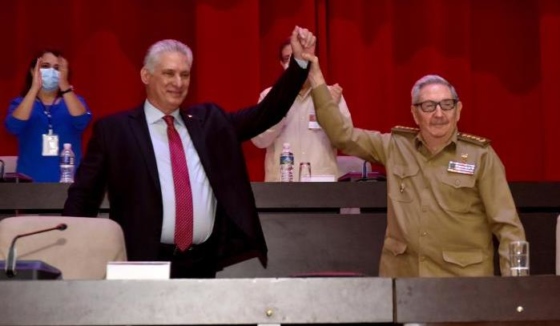
Will the End of the Castro Era Mean Change in Cuba?
A Latin America Advisor Q&A featuring experts’ viewpoints on the end of the Castro era in Cuba and what it means for the country.
A Latin America Advisor Q&A featuring experts’ viewpoints on the end of the Castro era in Cuba and what it means for the country.
Far from a fundamental rethinking of the political framework, Cuba’s new constitution is a cautious attempt at salvaging a dysfunctional system.
On October 16, the Inter-American Dialogue hosted an event to explore the Cuban economy’s future, its growth prospects, and the internal and external obstacles it faces.
Cuba’s draft constitution recognizes private property and creates a prime minister position. But would it bring true change?
Cuba has a new head of state in President Miguel Díaz-Canel. However, the residual power of the revolutionary generation means the rejuvenation of the island’s political elite is only getting started.
On February 22, the Inter-American Dialogue in partnership with the Brookings Institution’s Latin American Initiative hosted an event to discuss the political and economic challenges Cuba will face amidst a presidential transition. This event was moderated by Michael Shifter with panelists Richard Feinberg from the Brookings Institution and William LeoGrande from American University.
For decades, Chinese leaders and scholars alike have kept a close eye on Cuba. What have they been hoping to learn?
A year following the death of Cuban leader Fidel Castro, the relationship between the U.S. and the island nation has dramatically changed. To discuss this and more, President of the Inter-American Dialogue, Michael Shifter spoke with CGTN’s Susan Roberts.
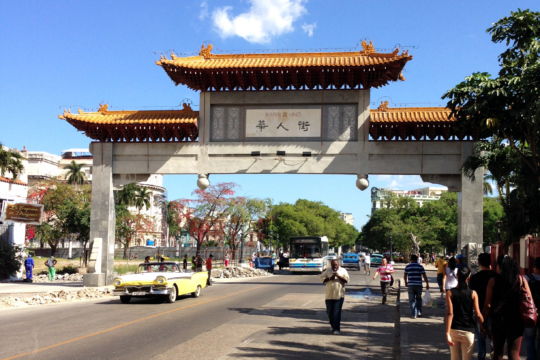
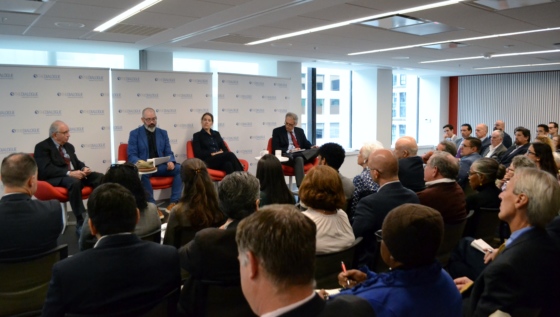 Video
Video
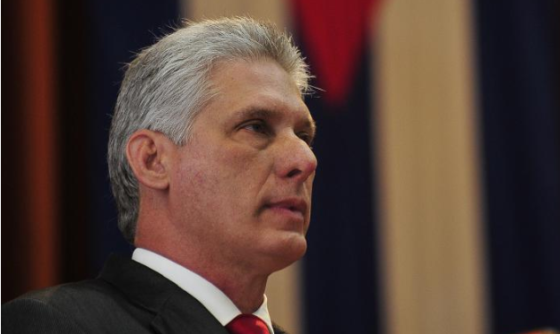
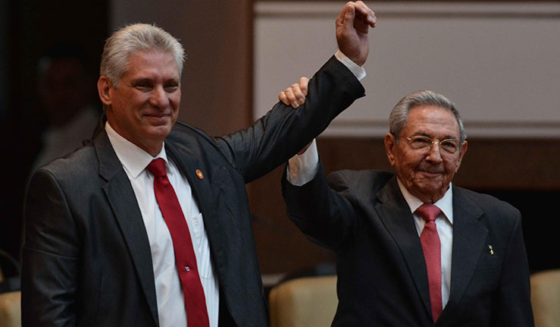
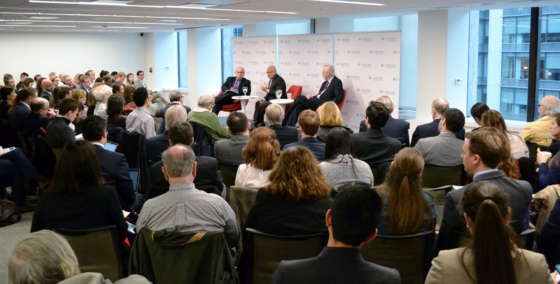
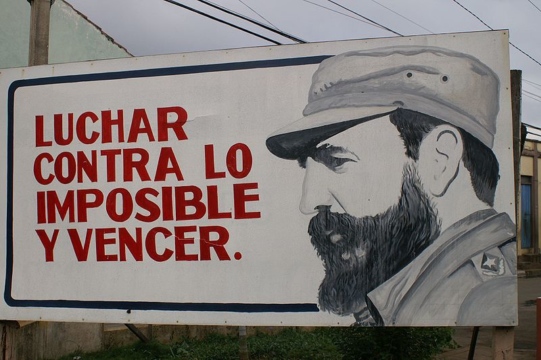
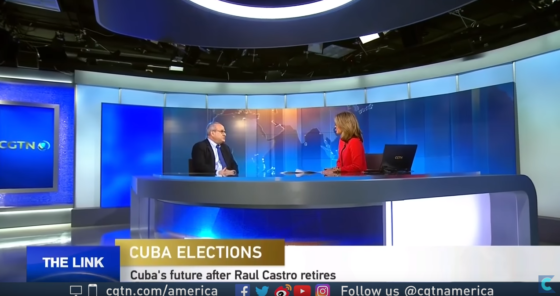 Video
Video